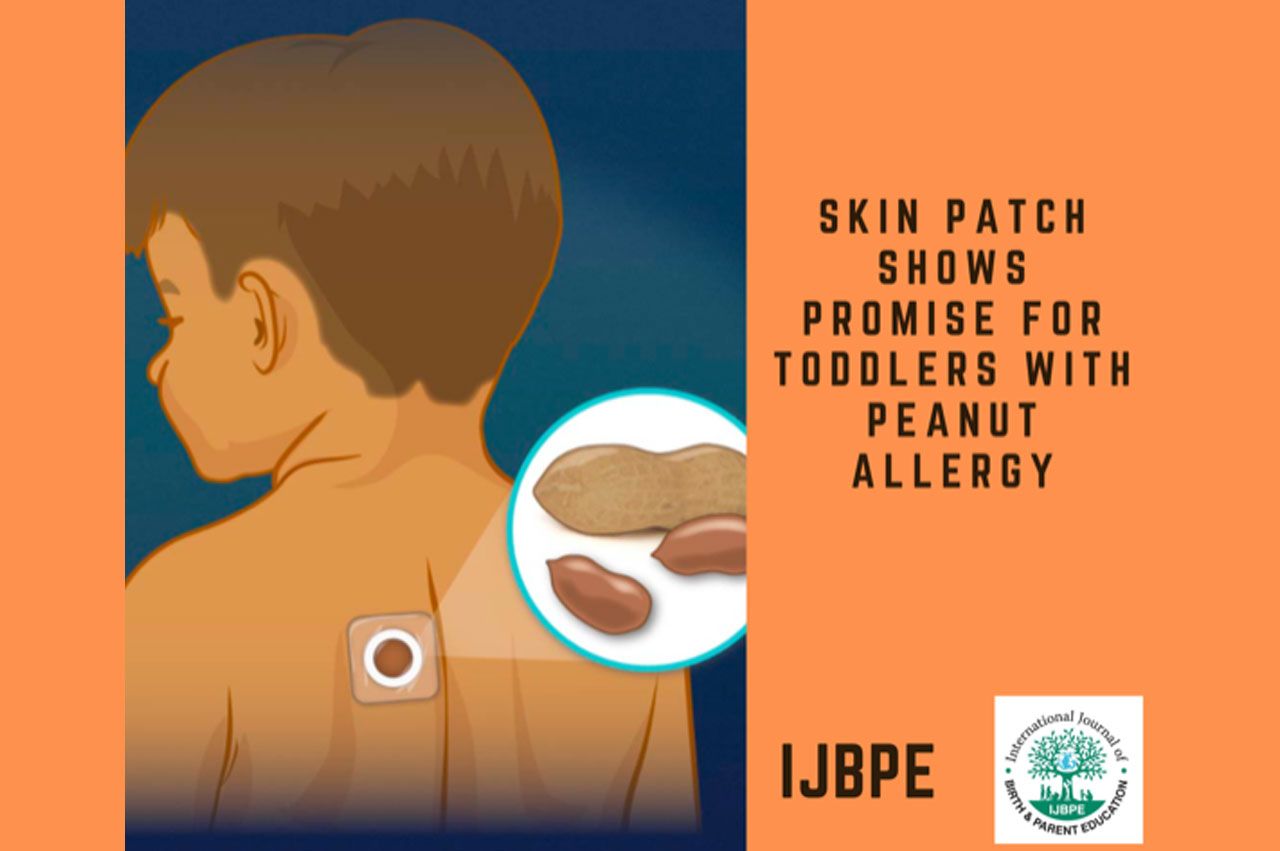
Skin Patch Shows Promise for Toddlers with Peanut Allergy
A global phase 3 clinical trial that included Ann & Robert H. Lurie Children’s Hospital of Chicago found that a year-long immunotherapy through a skin patch safely desensitized toddlers with peanut allergy, lowering the risk of a severe allergic reaction from accidental exposure. Results of this randomized, double-blind, placebo-controlled trial for children 1-3 years of age, were published in the New England Journal of Medicine.
This phase 3, multicenter, double-blind, randomized, placebo-controlled trial involving children 1 to 3 years of age with peanut allergy was confirmed by a double-blind, placebo-controlled food challenge. Patients who had an eliciting dose (the dose necessary to elicit an allergic reaction) of 300 mg or less of peanut protein were assigned in a 2:1 ratio to receive epicutaneous (delivered by a skin patch) immunotherapy delivered by means of a peanut patch (intervention group) or to receive placebo administered daily for 12 months. The primary end point was a treatment response as measured by the eliciting dose of peanut protein at 12 months. Safety was assessed according to the occurrence of adverse events during the use of the peanut patch or placebo.
RESULTS
Of the 362 patients who underwent randomization, 84.8% completed the trial. The primary efficacy end point result was observed in 67.0% of children in the intervention group as compared with 33.5% of those in the placebo group (risk difference, 33.4 percentage points; 95% confidence interval, 22.4 to 44.5; P<0.001). Adverse events that occurred during the use of the intervention or placebo, irrespective of relatedness, were observed in 100% of the patients in the intervention group and 99.2% in the placebo group. Serious adverse events occurred in 8.6% of the patients in the intervention group and 2.5% of those in the placebo group; anaphylaxis occurred in 7.8% and 3.4%, respectively. Serious treatment-related adverse events occurred in 0.4% of patients in the intervention group and none in the placebo group. Treatment-related anaphylaxis occurred in 1.6% in the intervention group and none in the placebo group.
CONCLUSIONS
In this trial involving children 1 to 3 years of age with peanut allergy, epicutaneous immunotherapy for 12 months was superior to placebo in desensitizing children to peanuts and increasing the peanut dose that triggered allergic symptoms.
https://www.nejm.org/doi/10.1056/NEJMoa2212895
